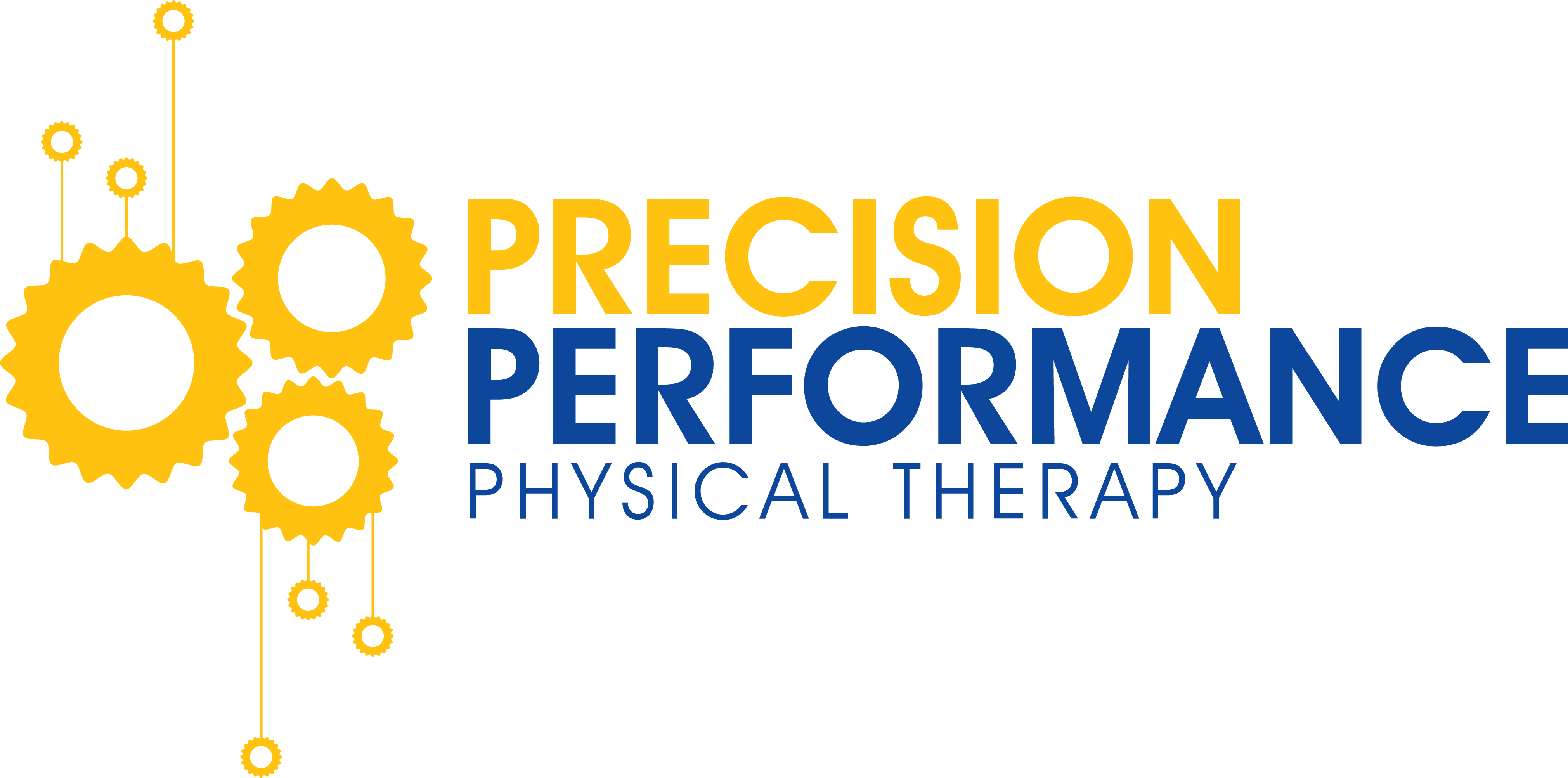A disc herniation, also known as a slipped or ruptured disc, occurs when the soft tissue between the vertebrae in your spine protrudes or bulges out. This can put pressure on nearby nerves, causing pain, numbness, or weakness in the affected area.
If your doctor has diagnosed you with a disc herniation, here are some things you can expect:
| 1. | A physical exam: Your doctor will likely perform a physical exam to check your range of motion, reflexes, and strength in the affected area. They may also ask you to rate your pain level and describe your symptoms. |
| 2. | Diagnostic tests: Your doctor may order diagnostic tests such as an X-ray, MRI, or CT scan to confirm the diagnosis and determine the extent of the herniation. |
| 3. | Treatment options: Your doctor may recommend a combination of treatments to manage your symptoms, including pain medication, physical therapy, and rest. In some cases, surgery may be necessary to alleviate pressure on the affected nerve. |
| 4. | Recovery time: The length of your recovery time will depend on the severity of your herniation and the type of treatment you receive. Most people with disc herniations can expect to recover within a few weeks to a few months with proper care. |
| 5. | Lifestyle changes: To prevent further disc herniations, your doctor may recommend lifestyle changes such as maintaining a healthy weight, practicing good posture, and engaging in regular exercise to strengthen your back muscles. |
